글
Why is unity so important to Europe?
[사진으로 영어공부]/사진으로 영어공부
2011. 11. 12. 02:36
Why is unity so important to Europe?
November 4, 2011 -- Updated 1619 GMT (0019 HKT)
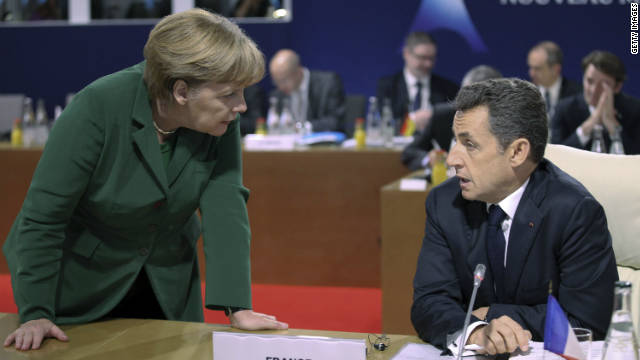 The leaders of Germany and France, Angela Merkel and Nicolas Sarkozy, are struggling to keep the European Union -- and the euro -- together in the face of the eurozone crisis.
The leaders of Germany and France, Angela Merkel and Nicolas Sarkozy, are struggling to keep the European Union -- and the euro -- together in the face of the eurozone crisis.
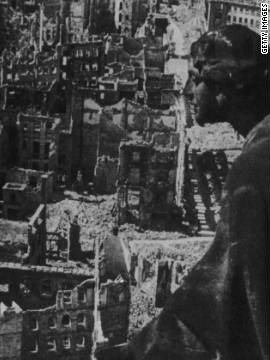
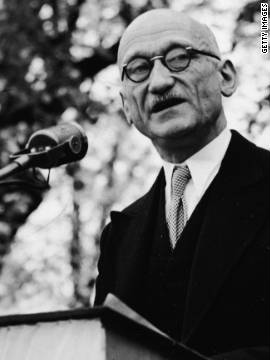
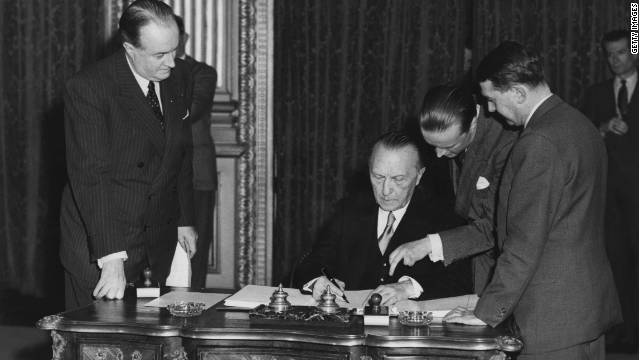 The ECSC, which came into being with the signing of the Treaty of Paris, on 18 April 1951, was designed to make war between France and Germany "not merely unthinkable, but materially impossible."
The ECSC, which came into being with the signing of the Treaty of Paris, on 18 April 1951, was designed to make war between France and Germany "not merely unthinkable, but materially impossible."
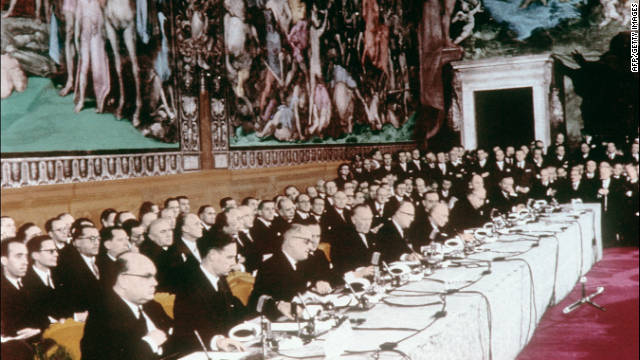 The 1957 Treaty of Rome created the European Economic Community, under which the partner nations attempted to harmonize a raft of other policies, from agriculture and fisheries to monetary policy.
The 1957 Treaty of Rome created the European Economic Community, under which the partner nations attempted to harmonize a raft of other policies, from agriculture and fisheries to monetary policy.
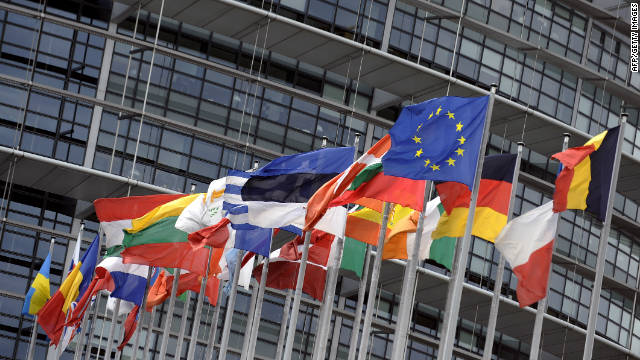 Over the decades, the EEC became the European Union, and expanded from the original six nations to today's 27 members, from Finland in the north to Malta in the south.
Over the decades, the EEC became the European Union, and expanded from the original six nations to today's 27 members, from Finland in the north to Malta in the south.
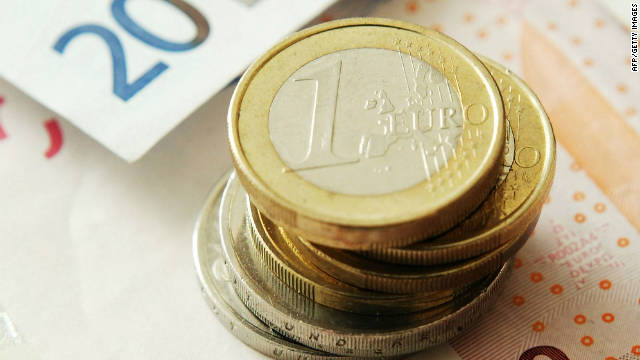 Seventeen of the 27 EU members are also part of the eurozone, sharing the single European currency, the euro, which was launched on 1 January 1999. Euro coins and banknotes were introduced three years later.
Seventeen of the 27 EU members are also part of the eurozone, sharing the single European currency, the euro, which was launched on 1 January 1999. Euro coins and banknotes were introduced three years later.
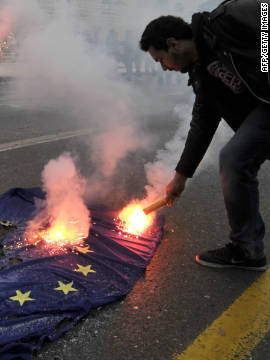

영작문은 영어의 꽃! 나의 에베레스트! 말로는 원어민을 앞설 수 없어도 글로는 가능합니다. 물론 공짜는 없지요. 원어민도 의식적인 노력 없이는 글을 잘 쓰지 못합니다. 우리는 그들보다 훨씬 많은 노력이 필요하겠죠. '영작문의 눈'으로 보면 아무리 간단한 영어도 새롭게 보이고 뭔가 배울 것이 있습니다. 그야말로 세상천지가 영작문 교과서입니다. 이런 자세가 영어의 새 지평을 열어 갑니다. 영작문은 노동이며 기쁨! 제 평생의 표어는 '가장 쉬운 영어로!'
| 1 | 2 | 3 | 4 | 5 | 6 | |
| 7 | 8 | 9 | 10 | 11 | 12 | 13 |
| 14 | 15 | 16 | 17 | 18 | 19 | 20 |
| 21 | 22 | 23 | 24 | 25 | 26 | 27 |
| 28 | 29 | 30 | 31 |